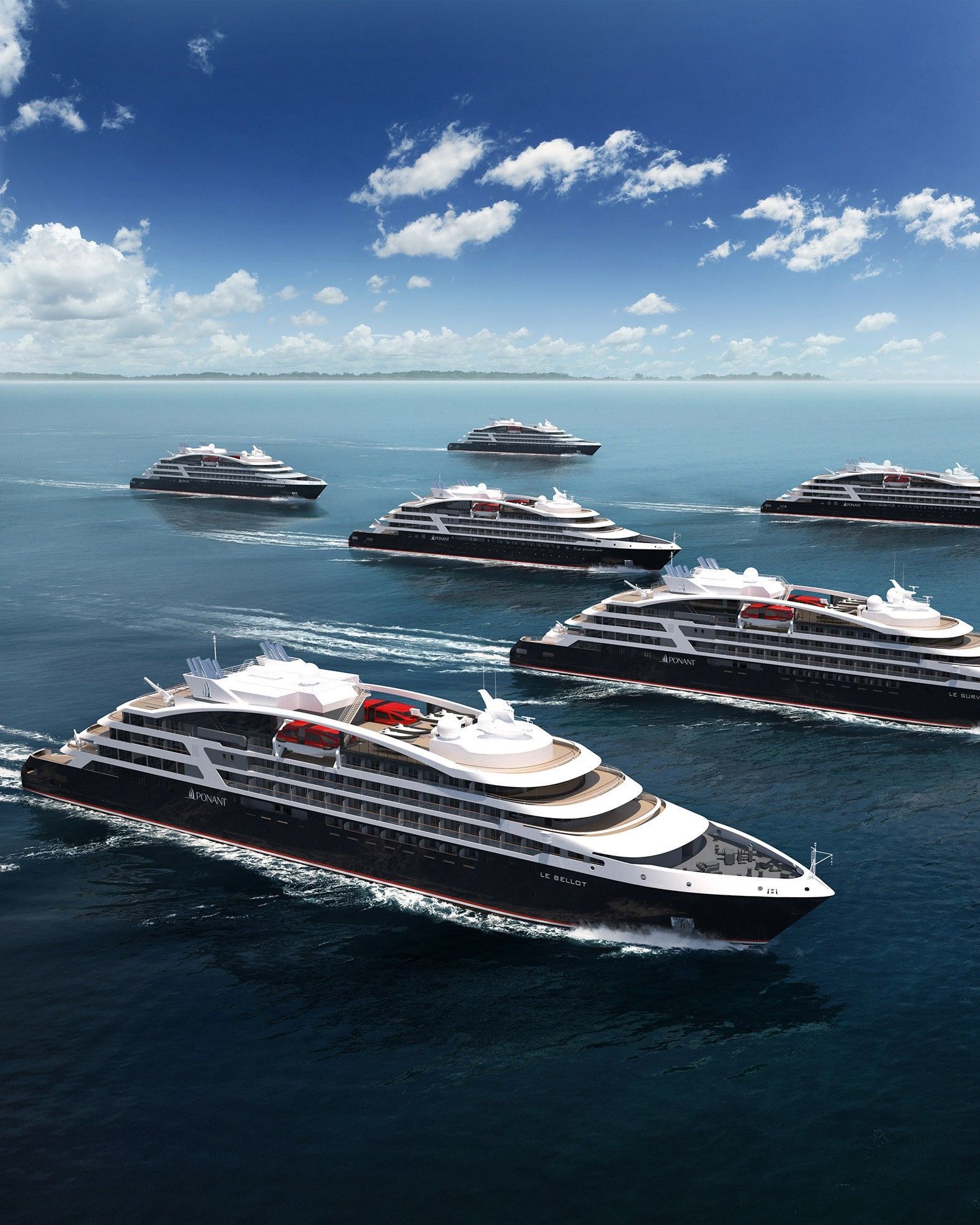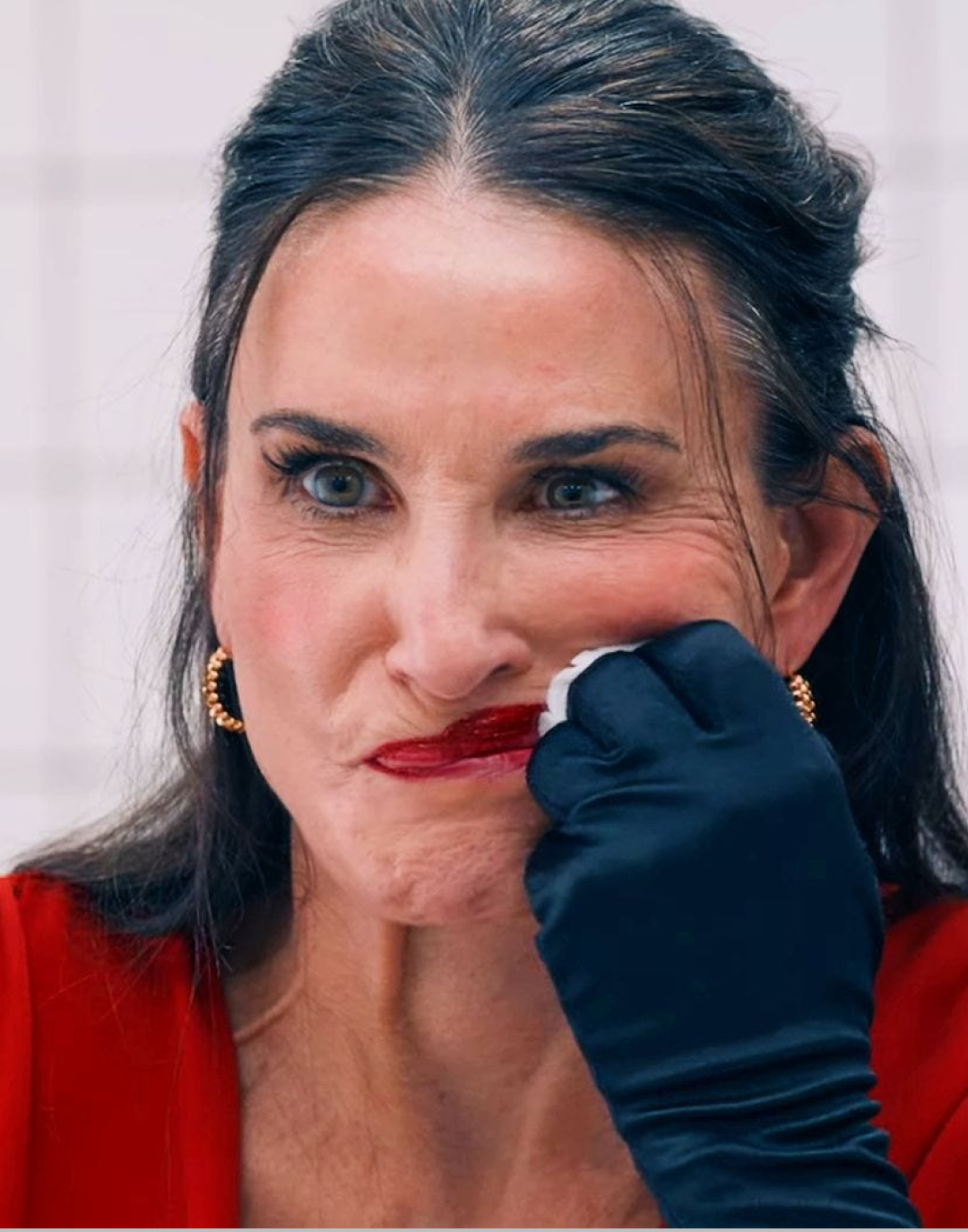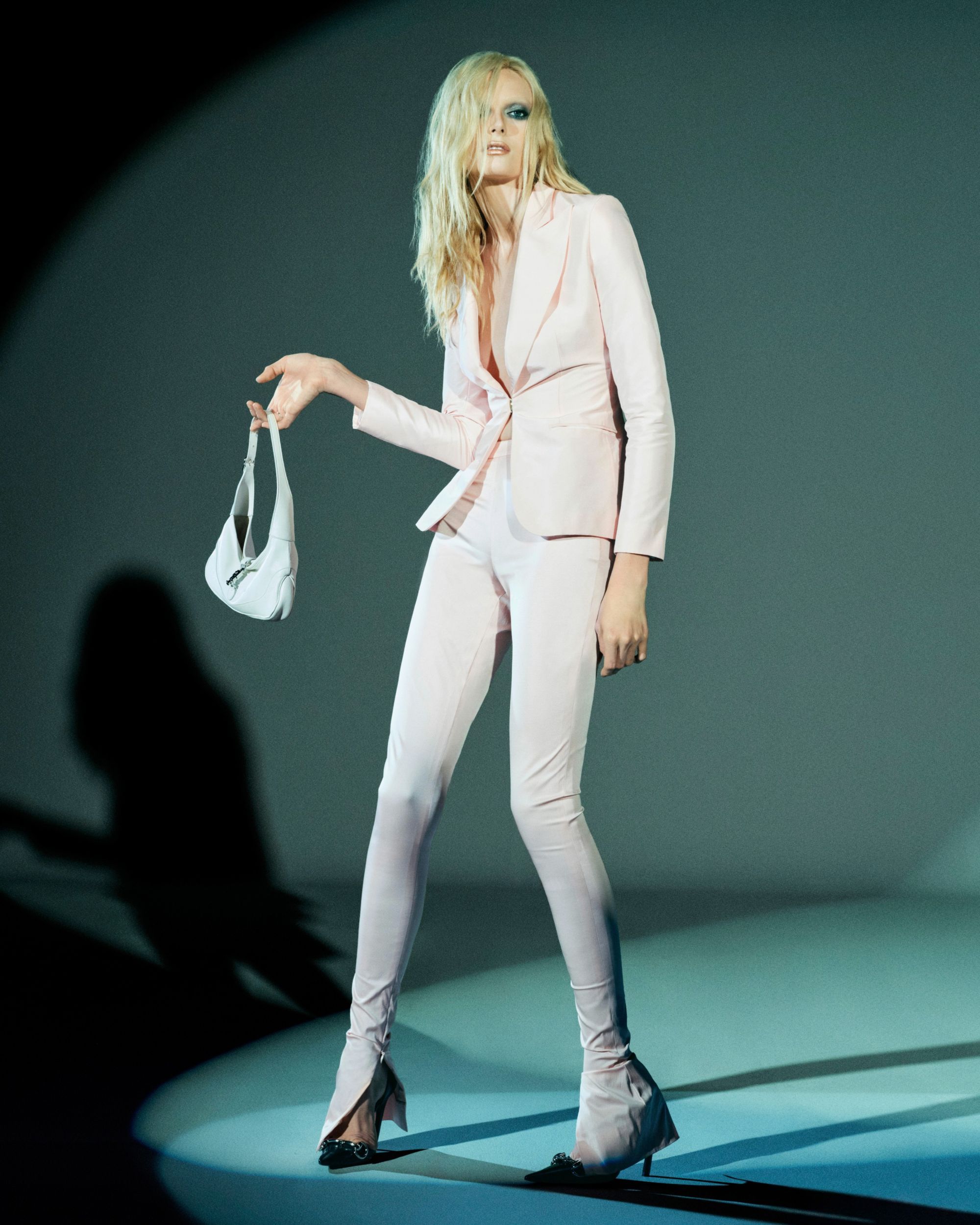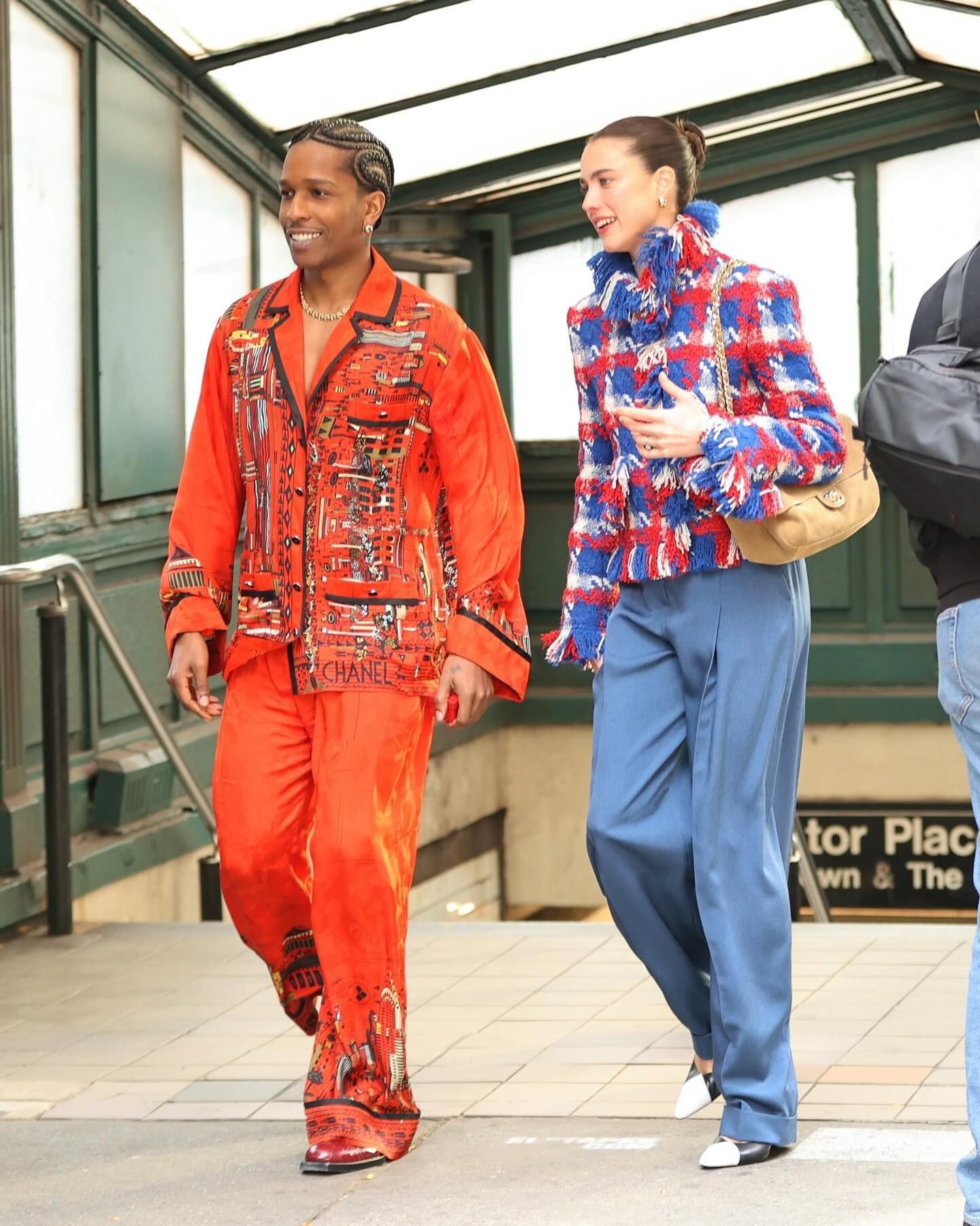
After Gucci, who's next? Independent fashion shows could clash with the agenda of the Fashion Councils
Since the coronavirus emergency broke out, many designers and retailers in the luxury industry have called for a change in the seasonal model so far followed by the fashion industry. Some of them have come to proclaim their independence from fashion week.
These are the main happenings of the last few weeks:
- Gucci was the first top-player in the Italian industry to give up fashion weeks, deciding to walk the runway only twice a year and giving up pre-collections.
- It is the second brand of the Kering group to announce a program of independent shows after Saint Laurent.
- Other brands that will follow their program will be Valentino, Dries Van Noten and Armani.
- Gucci's announcement and those that preceded it came after weeks of protests from retailers and designers such as Armani, Dries Van Noten, Saks Fifth Avenue as well as the CFDA and the British Fashion Council who have called for a fashion industry governed by less hectic production rates.
Gucci's decision to give up the traditional fashion week program and pre-collections system was the most precise reaction to the fashion system crisis triggered by the coronavirus pandemic. Although it arrived earlier, in fact, the announcement of Saint Laurent remained very generic on the precise terms with which its change will take place nor did it specify whether it will continue with the production of pre-collections – an issue that probably remains secondary to the brand as its Pre-Fall and Resort collections are not presented with a show but with a simple lookbook.
The change of gear announced by Alessandro Michele also has a different weight than that of the other brands, as Gucci is in the top 5 of the most sought-after brands in the world along with Off-White™, Balenciaga and Prada and possesses a real capacity for influence. If such a decision were also taken by the rest of these brands, especially those owned by the large luxury conglomerates, their influence could initiate a trickle-down effect that would represent a real turning point in the world fashion calendar with important and direct consequences also on the rhythms of retail and the work cycles of the factories.
Anarchy or waterfall effect?
When a brand announces that it will show its collections according to an independent program, it is in fact undermining the authority and importance of the Fashion Councils of their country and it is not excluded that, behind closed doors, intense negotiations are taking place between individual brands, industrial groups and the superstructures responsible for fashion weeks to find a solution that meets the needs of all.
The real surprise is the silence of the brands of the LVMH group - such as Louis Vuitton, Fendi, Celine, Givenchy and Loewe - who are maintaining a strict silence about their plans for the future, accentuating the impression that the fashion industry is in a state of semi-anarchy and the traditional fixed points have disappeared. Another possibility is that a temporary rift is created in the industry, with some brands following their own independent track and others joining the digital fashion week schedule – a situation that could not last long given the distrust of the new digital system.


























































